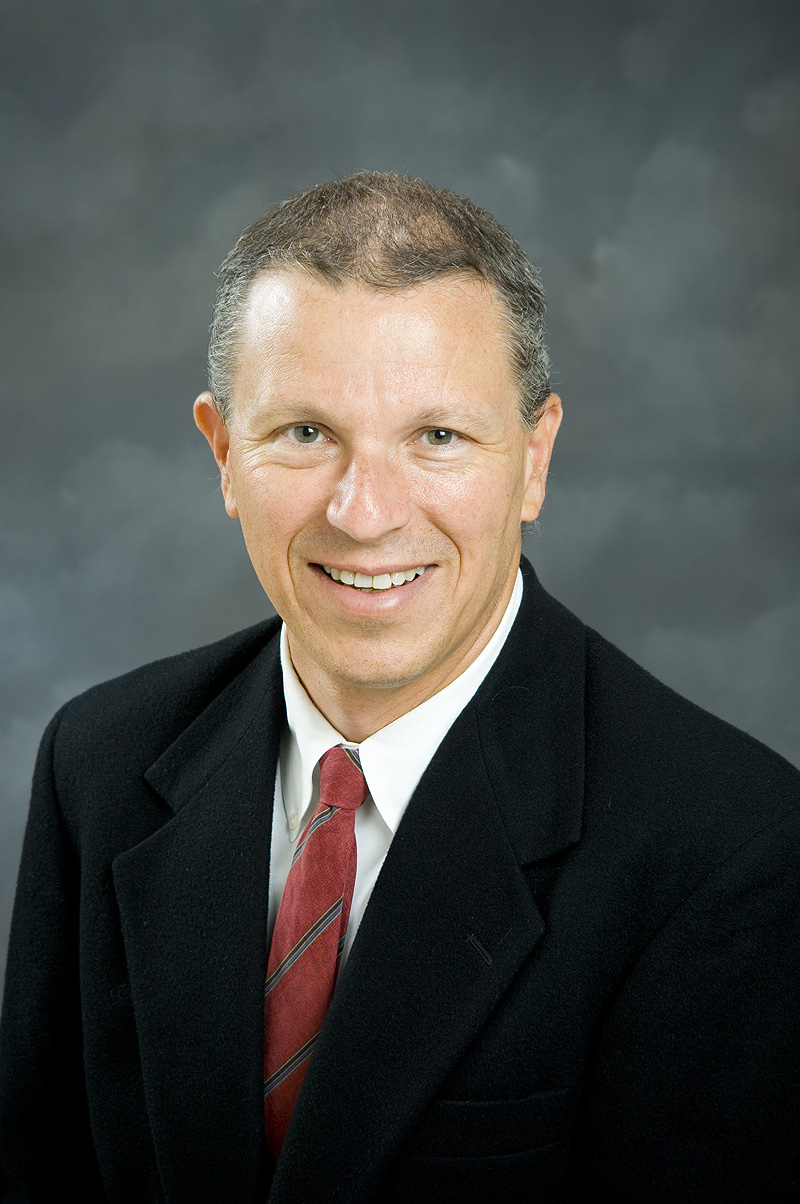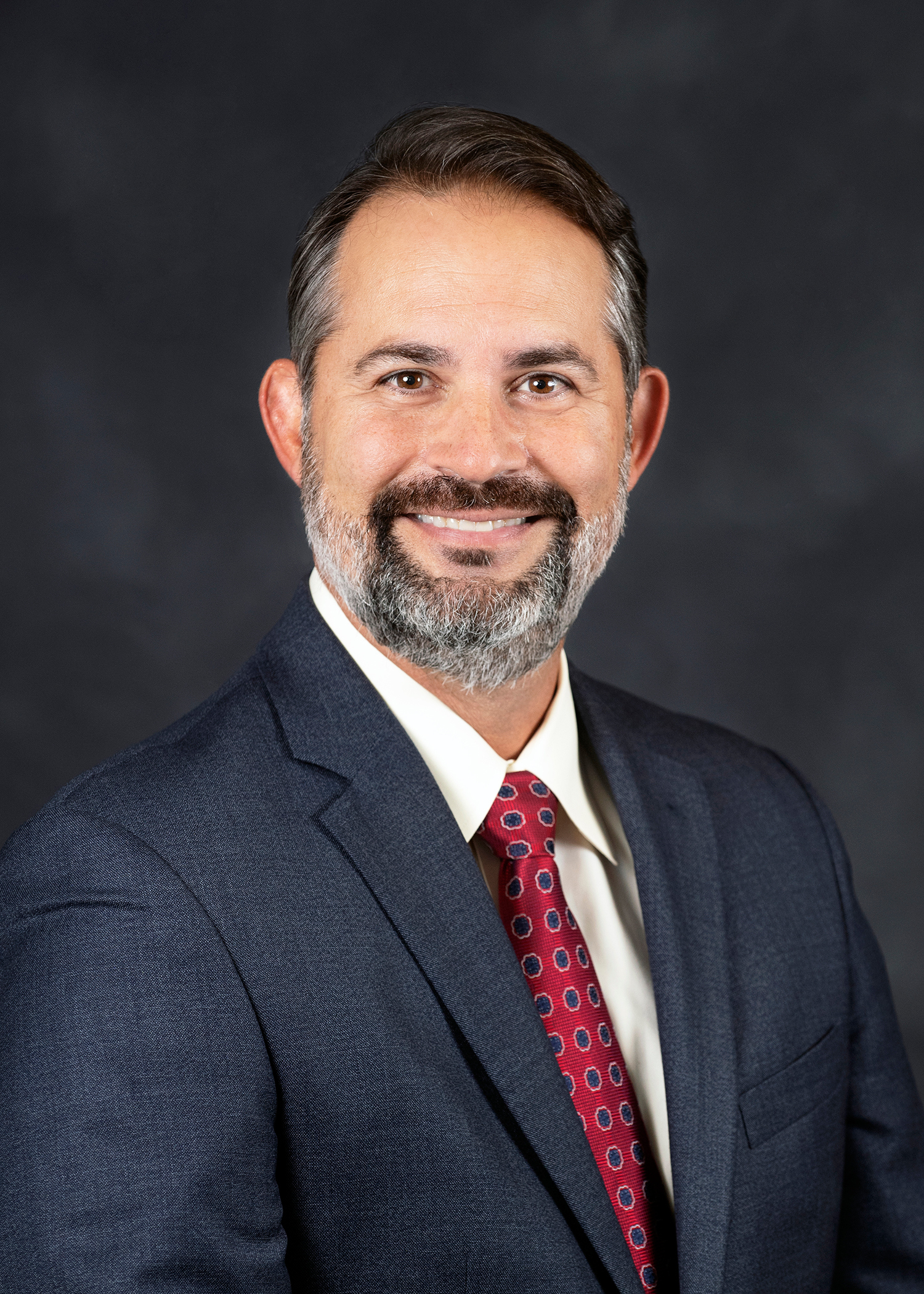About
The Geosystems Research Institute (GRI) is a collaborative of academic scientists, engineers, and government and industry stakeholders active in conducting research to advance knowledge and practice in earth and its systems to improve policy and public awareness. Through the use of geospatial technologies and high-performance computing, GRI is at the forefront in addressing some of today’s most pressing agriculture, water resources, conservation, and wetland issues.
Development of GRI
In 2000 the GeoResources Institute was created at Mississippi State University
as an institutional-level research institute to integrate the university’s
academic and operational units active in conducting and coordinating research
and educational activities in geospatial technologies and natural resource
management. The institute began with a simple premise: to advance knowledge in
earth and its systems to improve policy and public awareness.
To encompass the broader range of its research, the institute was renamed the
Geosystems Research Institute (GRI) in 2008. Since its founding, GRI faculty,
staff, and students have been at the frontier of their disciplines, taking an
integrated approach to address issues facing Earth’s ecosystems and its
inhabitants. Through support and funding with national and regional agencies
such as the National Academy of Science, NASA, the US Department of Agriculture
(USDA), the U.S. Department of Interior, and Mississippi’s Department of
Environmental Quality (MDEQ), GRI faculty and staff continue to develop
state-of-the art technologies and nationally recognized research to advance
policy and practices in agriculture, hydrology, conservation, wildlife, wetland
ecology, and other academic fields. To learn more about the work of the
Geosystems Research Institute, please visit our research
page.
Mission
To better understand and predict Earth's systems and develop geospatial technologies that promote their stewardship, sustainability, and contributions to prosperity.
Vision
To advance geospatial discovery, knowledge, and education to improve decision-making.
GRI Leadership

Geosystems Research Institute
Robert J. Moorhead, II has served as the Director of the Geosystems Research Institute since 2010. Moorhead earned a bachelor of science degree in electrical engineering from Geneva College, Beaver Falls, PA in 1980 and a Ph.D. degree in electrical and computer engineering from North Carolina State University in 1985. He is a Distinguished Professor in the Department of Electrical and Computer Engineering at Mississippi State University and a former research staff member at the IBM T.J. Watson Research Center. In addition to serving as the Geosystems Research Institute Director, he is Director of the Northern Gulf Institute (NGI), a NOAA cooperative institute led by Mississippi State University.
Phone: (662) 325-2850
Email: rjm@gri.msstate.edu
Mailstop 9627
2 Research Blvd
Mississippi State, MS 39762
Geosystems Research Institute

Geosystems Research Institute
Kristine Evans, an associate professor in the College of Forest Resources, was appointed an Associate Director of the Geosystems Research Institute in 2022. Evans earned her bachelor's degree from Ohio University in Wildlife Biology and a master's degree in Wildlife and Fisheries Science and doctoral degree in Forest Resources from Mississippi State University. She has extensive experience within wildlife conservation and is also a co-director of the Quantitative Ecology and Spatial Technologies (QuEST) lab in the Department of Wildlife, Fisheries and Aquaculture at MSU. As Associate Director, Evans helps direct the Agriculture and Natural Resources program within GRI.
Phone: (662) 325-3167
Email: kao12@msstate.edu
Mailstop 9690
209 Thompson Annex
Mississippi State, MS 39762
Geosystems Research Institute

Geosystems Research Institute
Paul F. Mickle has served as the Associate Director of the Geosystems Research Institute since 2020. Mickle earned a bachelor’s degree in environmental science at the University of Florida in 2002 and is a two-time graduate of the University of Southern Mississippi, earning both a master’s degree and a doctorate in fish biology. He comes to MSU from the Mississippi Department of Marine Resources (MDMR) where he served in numerous roles including chief scientists from 2017 – 2020. As the Associate Director of the Geosystems Research Institute, he serves as the technical lead at Mississippi State University’s Science & Technology Center located at the Stennis Space Center in Hancock County. He is academically affiliated with the MSU Department of Wildlife, Fisheries and Aquaculture and also serves as the Co-Director of the Northern Gulf Institute (NGI), a NOAA cooperative institute led by Mississippi State University.
Phone: (228) 688-3228
Email: pmickle@ngi.msstate.edu
1021 Balch Blvd
Stennis Space Center, MS 39529
Geosystems Research Institute
GRI Faculty
GRI Faculty consist of both Research Faculty who are GRI employees and tenured / tenure-track Faculty from academic departments. University Policies addressing Research Faculty include OP 01.18 Establishment and Operation of Research Institutes, Centers, and Related Entities | Policies (msstate.edu) and OP 56.06 Research, Extension and Clinical Faculty Positions | Policies (msstate.edu). Per 56.06, GRI established an operating policy and procedure for Promotion of Research Faculty which has been approved by the DAFVM VP.
